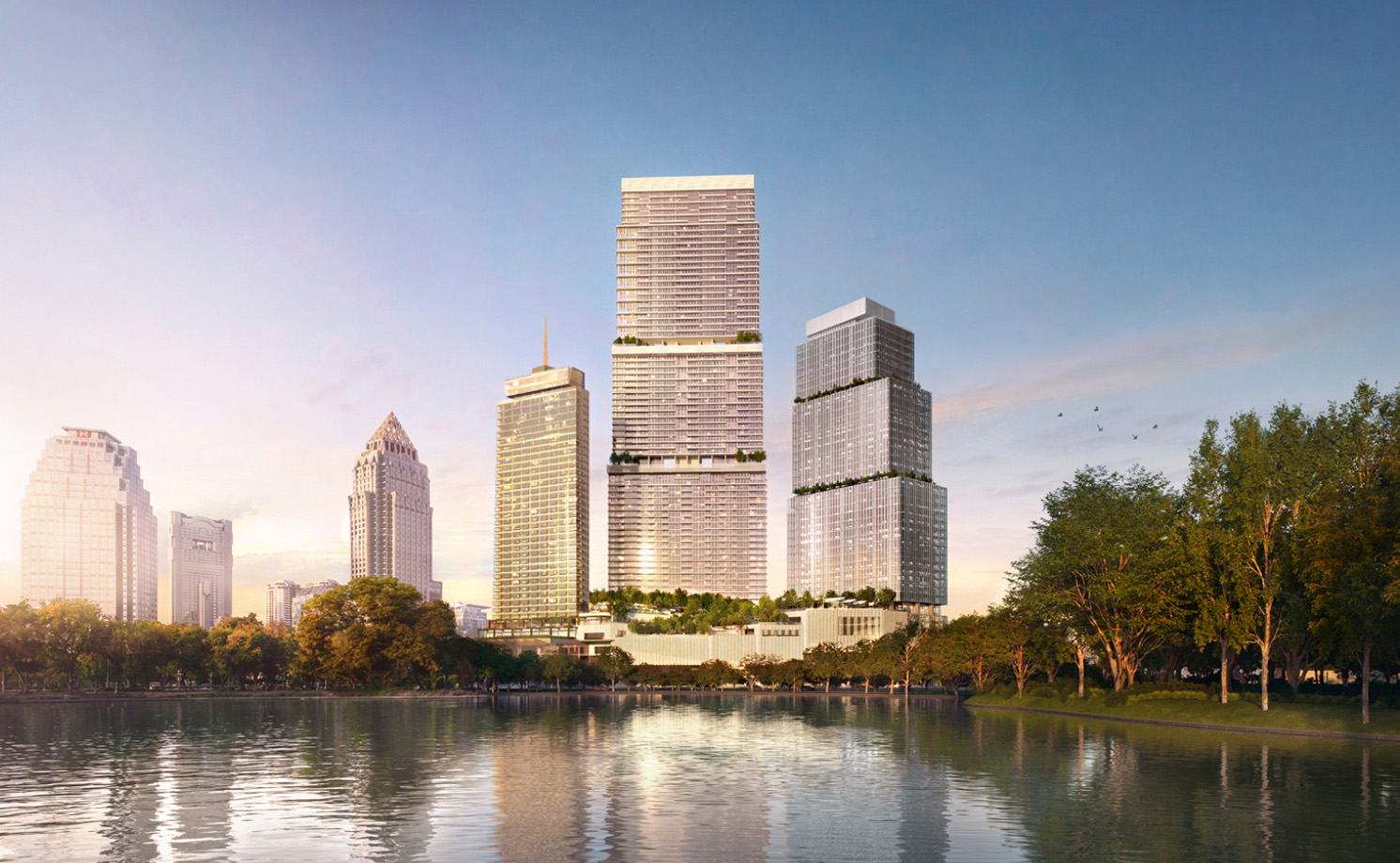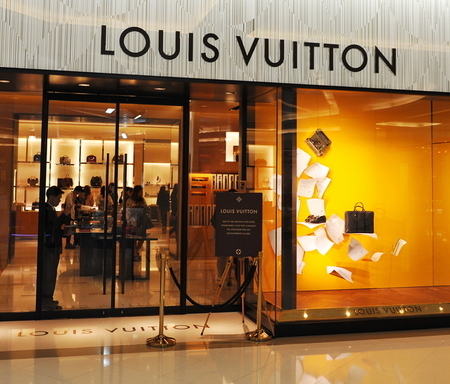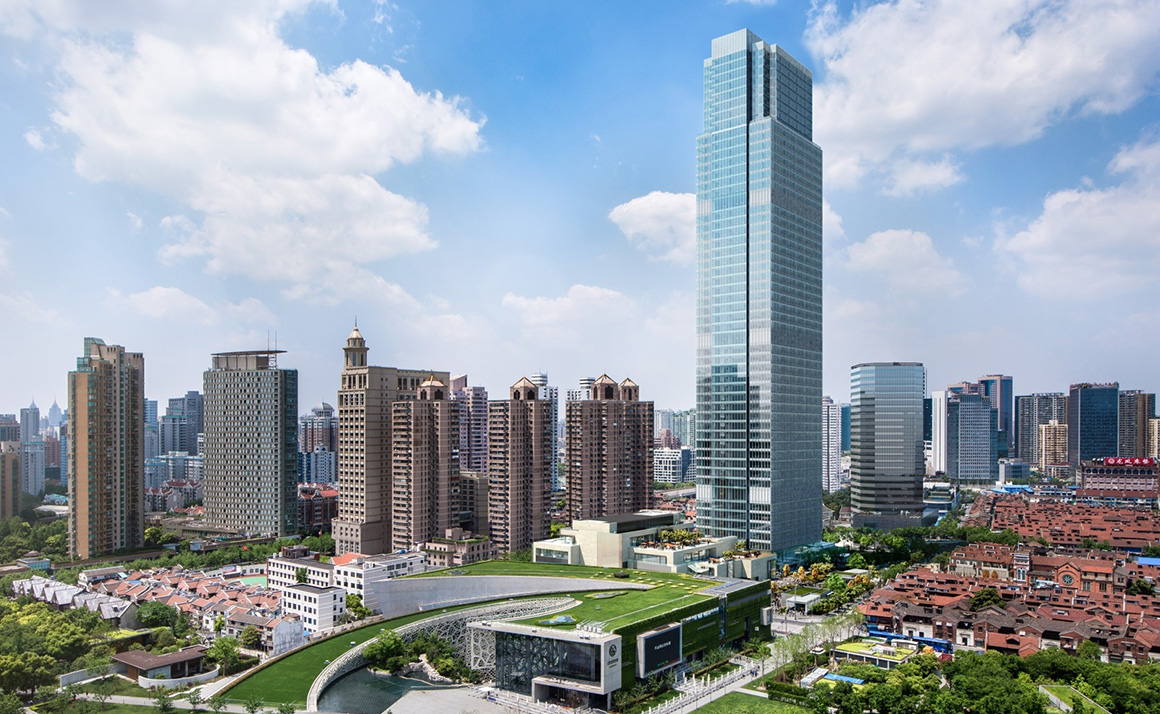
Bangkok takes on prime retail challenge
Discover Bangkok's booming retail market with a huge expansion in prime shopping centre space underway. Despite the challenges of the pandemic, the retail market in Bangkok has remained resilient, with positive signs of recovery, including the return of tourists.
Bangkok has a huge expansion in prime shopping centre space underway, but its resilient retail market is being boosted by post-pandemic tourism.
The Thai capital has eight million sq m of retail space, of which 2.3 million sq m is prime. This year and next will see more than 500,000 sq m of prime retail space added to the mix, mostly in large mixed-use developments.
Such an ambitious increase in shopping space might seem risky and indeed take-up so far has been slow, although it is not necessarily all the upcoming space is available for pre-commitment. “Considering the sheer scale of what is due to become available over the next few years, it is not all expected to be equally successful,” says Robert Collins, CEO of Savills Thailand.
“The projects under development by the existing well-established retail landlords are expected to perform best, with car parking and public transport accessibility critical for any new developments in the long term.”
There are positive signs however; the Bangkok retail market was extremely resilient during the pandemic, despite the absence of tourists. The prime vacancy rate fell to 3.5% in the second quarter of last year, from 4.2% in the first. Tourists have been returning since Thailand reopened and the return of Chinese tourists is now “making a big impact”, says Collins.
However, he notes that Chinese tourists tend to focus on certain brands and their impact does not outweigh the importance of other traditional tourist groups from elsewhere in Asia or from other regions. There has been growth in the number of Chinese brands in shopping centres, however.
Furthermore, new developments such as Dusit Central Park, which will offer 80,000 sq m of retail space in a 440,000 sq m development and One Bangkok, with 150,000 sq m of retail space in a 1.8m sq m development, have large office components which means much of the retail space will be F&B outlets catering for thousands of onsite office workers, as well as supermarkets and other essentials.
Collins says: “The opportunity for luxury brands is as yet unclear, since mixed-use developments tend to cater more effectively from Monday to Friday. The retail trade mix needs to be planned in advance with appropriate anchor tenants to ensure the mall positioning.” However, centrally-located developments such as Dusit Central Park should be readily able to secure prestigious luxury brands and establish a good trade mix, he says.
E-commerce does not represent a material threat to new retail space, Collins suggests, as retailers have adjusted to the new environment and tailored their approach. For example, sports retailer CRC Sport has an online/offline partnership with footwear brand Reebok.
He says: “Overall, we observe that the traditional retail experience remains popular, with new F&B and entertainment ensuring malls continue to prosper.”
Further reading:
Savills Thailand
Contact us:
Robert Collins



